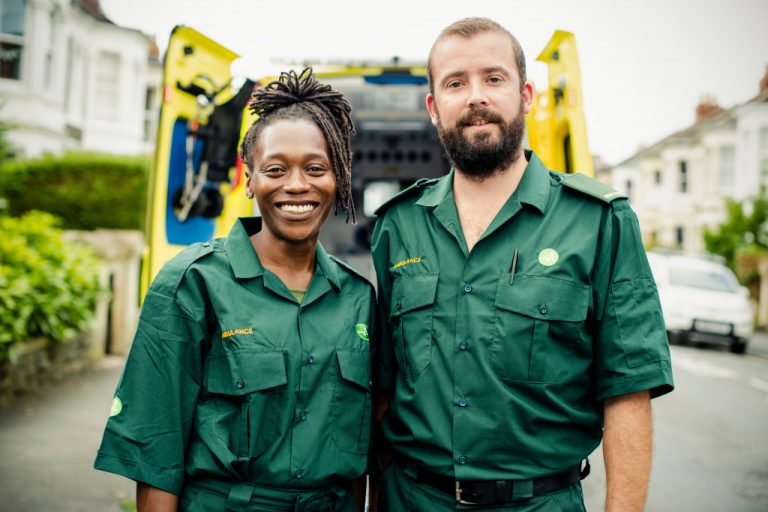Being a first responder is one of the most challenging jobs in America. They have to be prepared for anything and everything, from car accidents to natural disasters. Being a first responder is an intense job. You are the first person to arrive at the scene of an accident or disaster, and you must remain calm to provide care for those in need.
It can be difficult when your first responsibility is to assess the situation while simultaneously trying not to think about what could happen next. First responders need to invest in emergency medical technician (EMT) courses to help those in critical need.
Being a first responder is not easy. However, there are many benefits to the job. For instance, first responders receive training on how to handle dangerous situations so that they know what to do to save lives because of their knowledge and experience. Being a first responder can be stressful. However, it can also be fulfilling at the same time.
Life as a First Responder
First responders are first on the scene when major accidents and events occur. They first assess the situation, then try to help in any way possible. As a first responder, responsibility is vital. It’s their job to save as many lives as they can. Therefore, they need to be able to handle stressful and dangerous situations to save lives.
Below are the benefits of being a first responder:
-
Receiving adequate training
First responders receive extensive training. They have to learn first aid, cardiopulmonary resuscitation (CPR), and more to help victims of accidents or emergencies. In most cases, first responders are lifeguards. Therefore, they need to have a medical background so that they can respond properly to emergencies.
Adequate training and additional courses will increase first responders’ chances of being successful at their jobs. Therefore, they should maximize every training opportunity that is being offered to them.
-
Being able to help others
As first responders, individuals receive the invaluable experience of saving lives and helping those in need. They are exposed to different types of emergencies that make them better equipped to handle life-threatening situations if ever put into one themselves. Thus, first responders know how it feels like to be in a life-or-death situation.
First responders can be found in first response teams worldwide, and their services are crucial everywhere: whether it is during terrorist attacks or natural disasters. The larger the city you live in, the more likely first responders will serve to help victims get assistance when they need it.
-
Finding a good purpose in life

First responders have the opportunity to influence their community positively, which can be highly rewarding. They also get to see first-hand how they are making a difference in the lives of others every day by saving people who are suffering from life-threatening emergencies.
This makes first responders feel like they have found their purpose in life. After all, nothing beats the feeling of knowing that the things they do are making a difference in people’s lives.
Challenges Faced by First Responders
Despite the benefits of the job, first responders also face a lot of challenges. Some of these challenges include:
-
Being exposed to traumatic events
First responders are first on the scene of any emergency or disaster, and they usually get there before paramedics do. This means that first responders will come across victims who may have already experienced some form of trauma such as death, disfigurement, dismemberment, etc. First responders may also have to deal with victims who are still in shock from these traumatic experiences making it difficult for them to get information about what happened or the victim’s identity.
While this experience can be emotionally draining, first responders learn how to cope and find ways not to let these events affect them both at work and outside of work. After all, first responders are subjected to a lot of stress every day while on the job.
- Facing
risks every day
First responders are first on the scene when accidents happen, such as fires, car crashes, and medical emergencies. First responders often face risks that can lead to physical injuries or even death. First responders are usually constantly exposed to drugs and alcohol that may be present at a crime scene which could potentially cause harm if mishandled.
Therefore, first responders need to be able to handle these risks to do their job successfully. They are often paid well for their service to others, even if it requires risking their lives in some cases.
First Responders and Dealing With Difficult Situations
A first responder’s day-to-day work can be very stressful and dangerous, but first responders have a strong sense of duty that drives them towards helping others during difficult times. First responders are essential members of the community because they have first-hand experience of difficult situations and can relate to the victims in a way that other people cannot.

